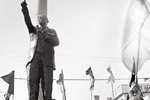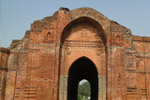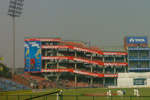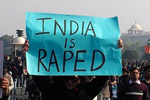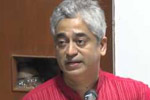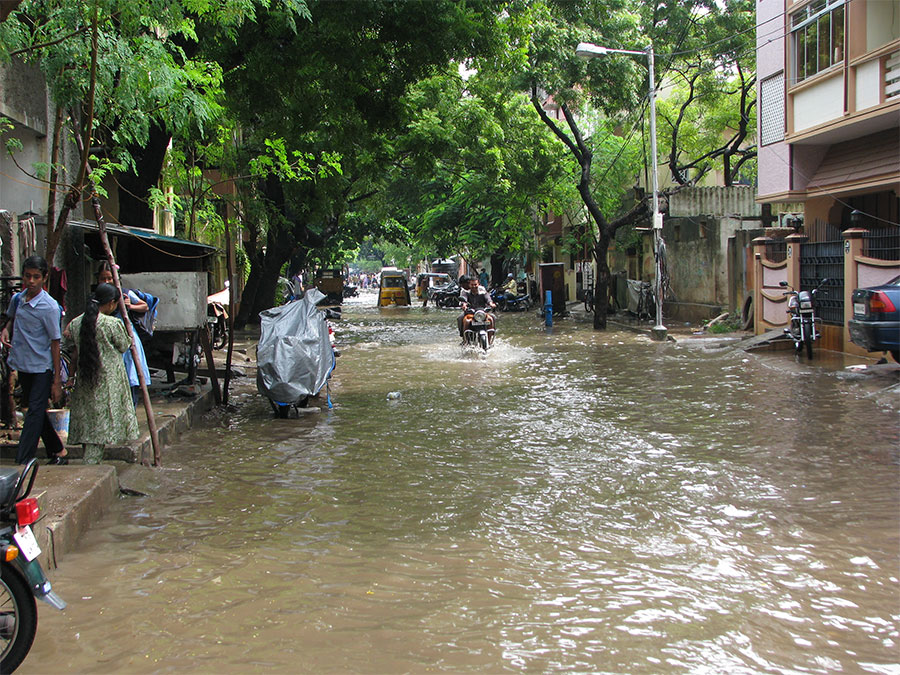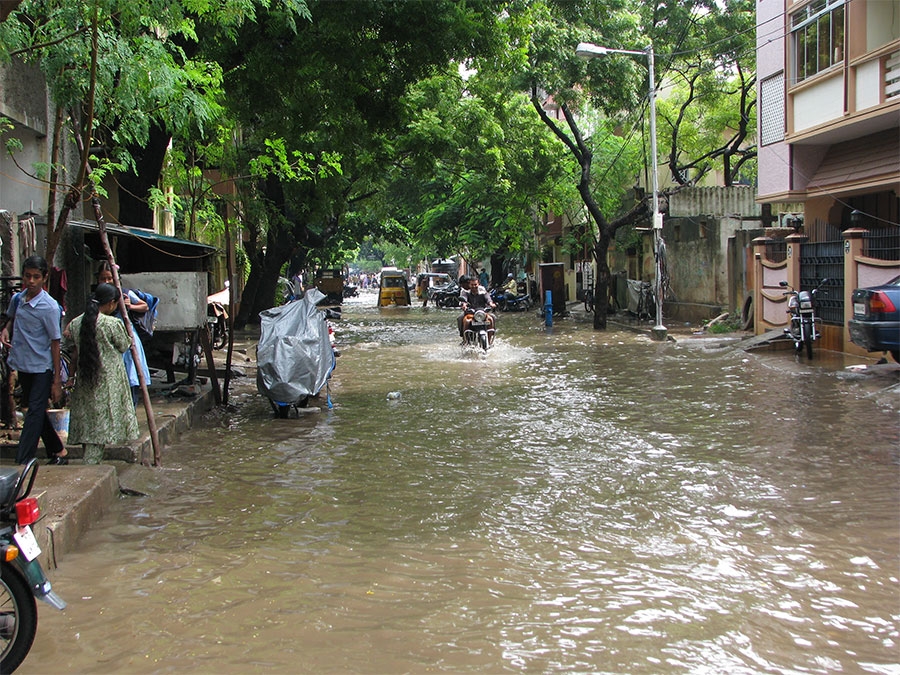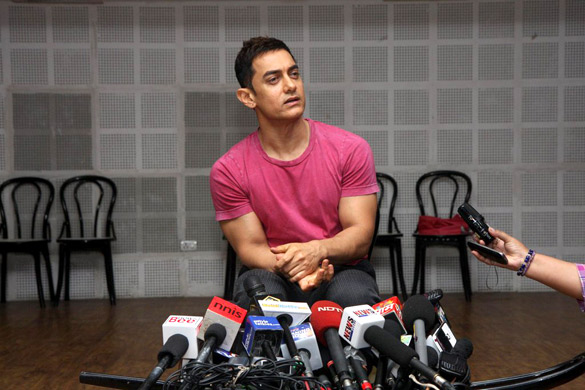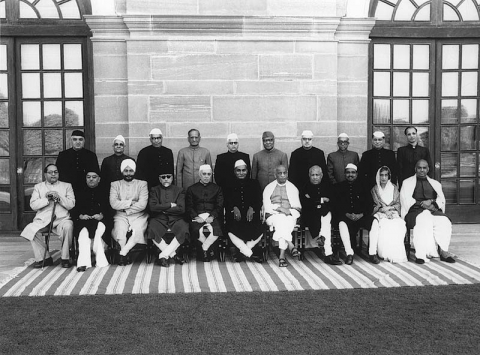
There is something toxic in the Delhi air. And no, its not just the deadly air pollution that is worrying. The smoggy air which our netas breathe is worse: the last few days have seen levels cross the danger mark. When a chief minister calls the prime minister a “coward” and a “psychopath”, when the BJP accuses the AAP leader of making “blasphemous” charges against its leadership, when the Congress’s vice president claims that terrible vendettas are being plotted in the prime minister’s office and his mother imperiously reminds you that “she is Indira’s bahu and not afraid of anyone”, you know that the political discourse has turned dark and ugly.
Whats gone wrong? Why has political competitiveness descended to akhara style enmity? So, Sonia and Rahul Gandhi cant stand Narendra Modi, but he is the prime minister of the country and deserves greater respect than he has been given so far. Conversely, Modi wants to finish the Gandhis and create a “Congress-mukt Bharat”, but does that mean he cannot find some meeting ground with them? And yes, Arvind Kejriwal has reason to believe that the Centre is gunning for him, but does that give him a licence to abuse his political rivals?
A Congress leader points out that its Mr Modi who started the slide: remember his “50 crore girlfriend” jibe at Shashi Tharoor, or his equally contemptuous DNA remark against Nitish Kumar and his attack on Mrs Gandhi’s foreign origins? A BJP leader hits back and recalls how Mrs Gandhi used the “maut ka saudagar” line against Mr Modi during the 2007 Gujarat election campaign. An AAP leader reminds me that the prime minister called their chief minister a “Naxalite”; others might reflect on Kejriwal calling netas “thieves” during his anti-corruption agitation.
The coarse vocabulary perhaps reflects a political culture where name-calling has become a substitute for a genuine governance agenda. Maybe,its also an easier way to grab the headlines or prime time eyeballs. After all, haven’t we on television reduced political debate to a slanging match? Why blame the netas when journalism encourages a high decibel, low level engagement rather than a conscious desire to raise the bar with gritty story telling? And what of social media, where often in the garb of anonymity, abuse is seen as “free speech”. And wasn’t it a central minister who set the tone by choosing to call journalists “presstitutes” and then scarcely expressed any regret?
Sadly, like watching a cock fight on the street, a number of us seem to derive vicarious pleasure in watching politics being reduced to a brawl. Where is the incentive for our public figures to mind their language or engage in dialogue, if society encourages a gladiatorial fight? This country needs focussed governance: if a neta or a babu, or indeed, an editor is guilty of corruption, please punish them on the basis of hard evidence. But this constant outrage based on allegation, innuendo, and tit for tat politics is throwing up a poisonous mix that will eventually end up eroding public faith in the state and democracy. Which would be a real pity.
Post-script: One of my morning rituals in the winter session of parliament is to spend an hour in central hall, attempting to gauge the mood of our political class. This morning, one of the more seasoned MPs said to me: “I have never seen parliament like this, there is so much bitterness on all sides that we cant even have chai with our political opponents with a sense of freedom!” Maybe, its time for the prime minister to take a lead: how about a chai pe charcha with all MPs, chief ministers and party leaders on the need to set the rules for political engagement?


